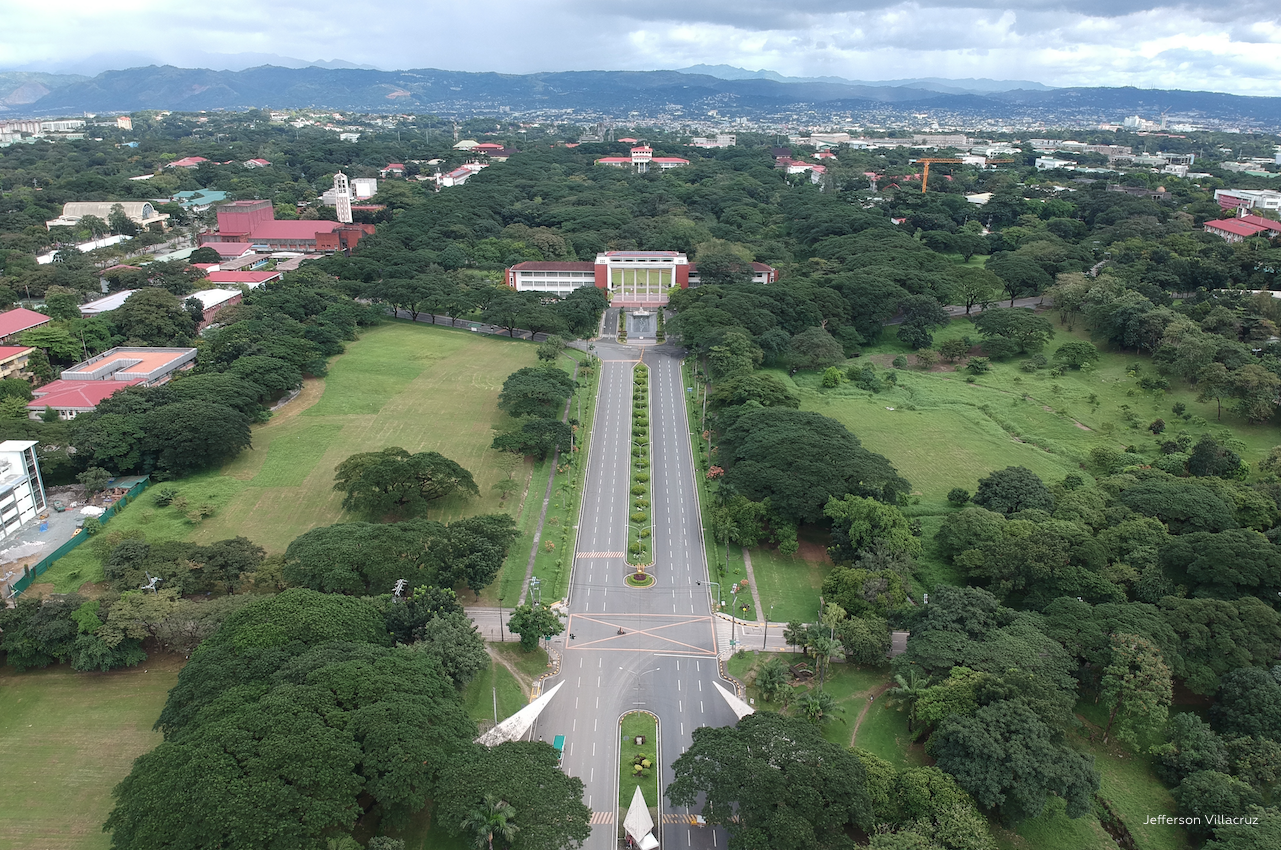(MAY 15)—To say that the first six weeks after the Enhanced Community Quarantine is lifted will be crucial for UP Diliman (UPD) is an understatement. To protect the health and safety of UPD personnel, the administration has issued guidelines for the gradual and careful return to work once the modified ECQ is lifted.
Known as the post-ECQ period (post-ECQ), for these six weeks when a General Community Quarantine is declared over Metro Manila, UPD will default to work-from-home (WFH) arrangements for essential and priority work.
“Essential work” refers to tasks that are absolutely necessary and indispensable for the basic functioning of the University, the Diliman campus and its offices. “Priority work” is a task that also requires major attention so that the most important goals identified by the University’s academic and support units are accomplished or attended to.
Units are encouraged to “clearly identify essential and priority work and specify which of these require physical presence in the office.” Colleges and units may also craft unit-specific guidelines based on the general UPD guidelines, including identifying key personnel who have to physically report for work.
They will also temporarily suspend non-essential and non-priority tasks; change office functions so that many services can be provided online; implement a mixed WFH and physical reporting for work arrangement; review and revise the receiving and releasing of documents to lessen close contact; and schedule deliveries to minimize messenger movement within the campus.
Who can work from home? Unless necessary, employees with comorbidities (diabetes, hypertension, heart disease, chronic lung disease, obesity, asthma), those who are immuno-compromised (e.g., PLHIV, those with ongoing chemotherapy) and senior citizens are not required to physically report for work and must be provided arrangements to WFH.
WFH also applies to employees who live in barangays under Extreme ECQ (EECQ) or strict monitoring (as advised by the Department of Health or the local government unit) two weeks before the post-ECQ period.
Units should provide infrastructure support like laptop computers and internet access to those on WFH, and are enjoined to be mindful of work hours as well as of mealtimes, weekends and holidays.
Who can physically report for work? If an employee does not fall under these restrictions and has been identified or informed by the home unit/college as one who can/must physically report for work, the employee can come for a maximum of two times each week.
In the first week of the post-ECQ, only these employees who live on campus or those with personal vehicles will be allowed to come in for work.
If the head of unit certifies an employee to be very essential or as key personnel, the employee may report for work for more than two times a week. And if key personnel will have physical distancing problems during their commute, they will be given pre-arranged transportation and/or temporary dormitory housing on campus.
Cleaning house. Before the employees come in, all units must first have their offices cleaned and disinfected following the protocols established by the UP Health Service.
Supervisors or assigned personnel will note the time of employee entry as the use of biometric scanners will be temporarily suspended.
Employees are required to disinfect their hands and footwear before entering the building using alcohol and foot baths provided by the unit/college.
There should be a separate trash bin for infectious waste such as disposable masks, used gloves and soiled tissue paper, all of which should be disinfected upon disposal.
Distancing. Employees are required to wear face masks even inside the office, with handwashing/sanitizing done every two hours.
Strict physical distancing (at least 2 meters apart) between workers must always be observed, even during breaks. Employees are advised to bring “baon” with their own utensils to lessen food deliveries to the offices or to avoid queueing for meals at canteens or food establishments.
Canteens inside offices will not be allowed to operate during the post-ECQ period. Non-foodbusinesses inside the campus can operate provided they only deploy personnel who are not from EECQ areas. Businesses are encouragedto use digital wallets or e-money for contactless transactions.
These guidelines were created by an Ad Hoc Committee and approved and implemented through Administrative Order FRN-20-052 published May 13, 2020.
Until a cure is found for COVID-19, this will be the standard under the “new normal.” These guidelines are measures to keep everyone safe.

